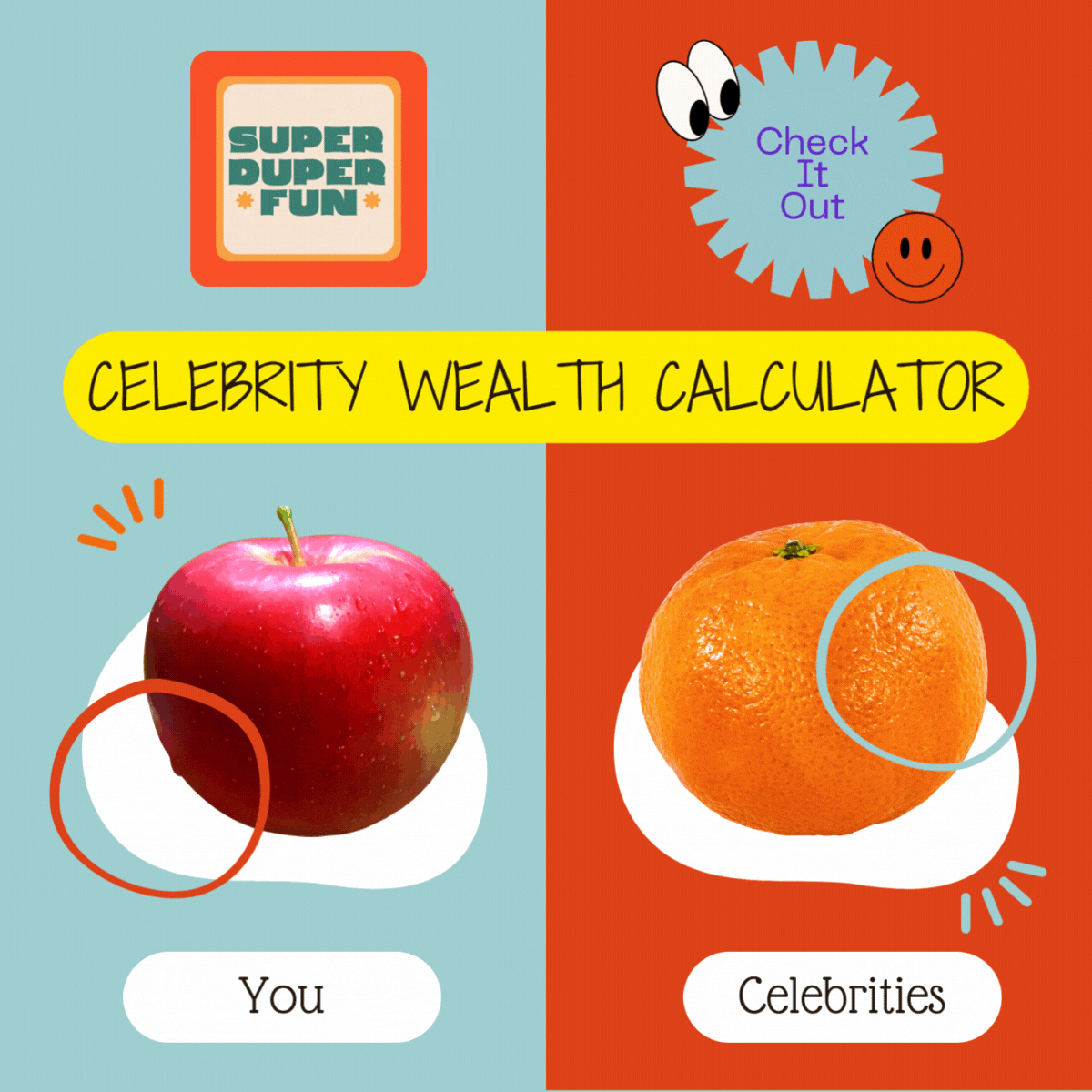
1. Ghosting

2. Cancel Culture

3. Woke

4. Breadcrumbing

5. Gaslighting

6. Deepfake

7. Flex

8. Thirsty

9. Salty

10. Snatched

11. Stan

12. Clapback

Beyond the Words


Toi Williams began her writing career in 2003 as a copywriter and editor and has authored hundreds of articles on numerous topics for a wide variety of companies. During her professional experience in the fields of Finance, Real Estate, and Law, she has obtained a broad understanding of these industries and brings this knowledge to her work as a writer.







